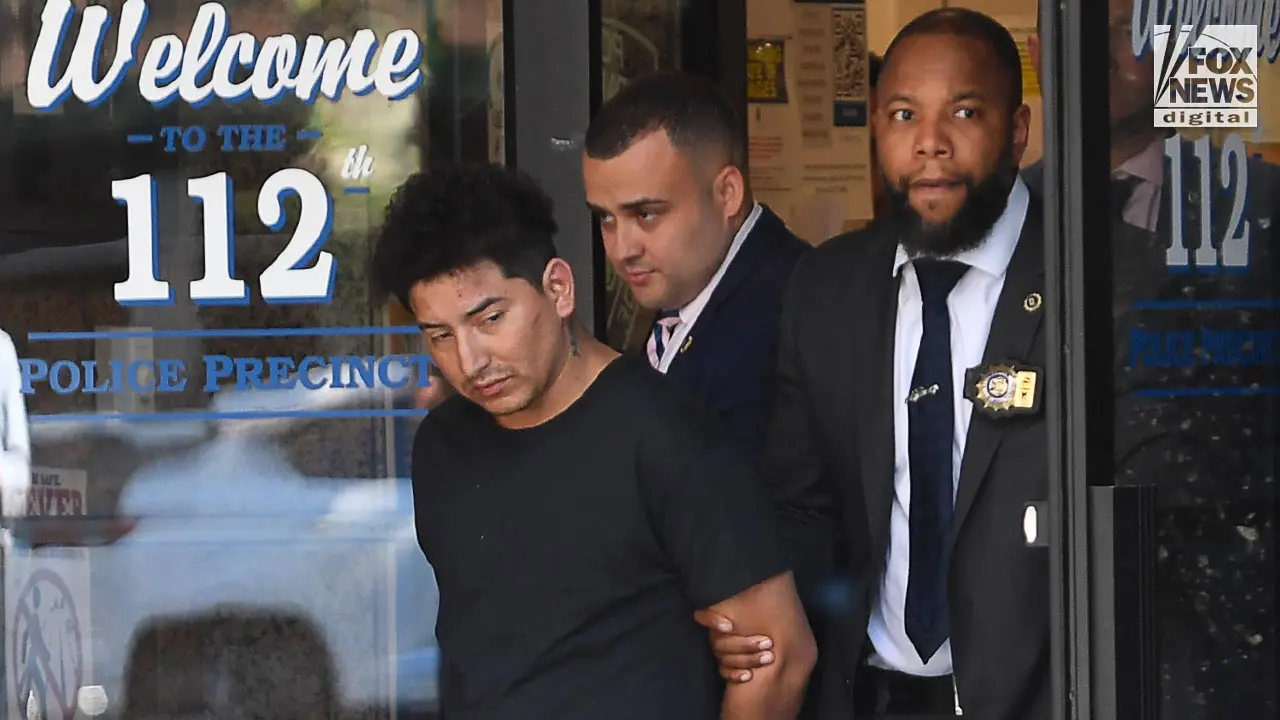Representative Byron Donalds, a Florida Republican whom Donald J. Trump is said to be considering for his running mate, suggested on Tuesday that the Jim Crow era had some virtues for Black people while trying to persuade voters of color to back the former president.
Mr. Donalds, who has emerged as a key Black surrogate for Mr. Trump, made the comments on Tuesday evening at a “Congress, Cognac, & Cigars” event in Philadelphia. The gathering, hosted by Mr. Donalds and Representative Wesley Hunt of Texas, another Black Republican, was intended to promote Mr. Trump and the Republican brand.
At the event, Mr. Donalds said that the programs that followed the Jim Crow era of racial violence and segregation — the federal government’s welfare system during the 1950s and the civil rights agenda of President Lyndon B. Johnson in the 1960s — had a detrimental effect on Black families.
“You see, during Jim Crow, the Black family was together,” Mr. Donalds said. “During Jim Crow, more Black people were not just conservative — because Black people have always been conservative-minded — but more Black people voted conservatively.”
Mr. Donalds’s comments drew criticism from members of President Biden’s campaign, which has been trying to shore up his diminished support from voters of color, particularly among Black men.
Sarafina Chitika, a spokeswoman for Mr. Biden’s campaign, assailed Mr. Donalds’s remarks.
“Donald Trump spent his adult life, and then his presidency, undermining the progress Black communities fought so hard for — so it actually tracks that his campaign’s ‘Black outreach’ is going to a white neighborhood and promising to take America back to Jim Crow,” Ms. Chitika said in a statement to The New York Times.
She said that Black voters would reject Mr. Trump’s “racist agenda” in November.
Representative Hakeem Jeffries,Democrat of New York and the House minority leader, also condemned Mr. Donalds on Wednesday, making a thinly veiled reference to the congressman during remarks on the floor of the U.S. House of Representatives.
“That’s an outlandish, outrageous and out-of-pocket observation,” Mr. Jeffries said of Mr. Donalds’s comments, pointing to the lynchings and inequities that defined the Jim Crow era. “How dare you make such an ignorant observation? You better check yourself before you wreck yourself.”
A spokesman for Mr. Trump’s campaign did not immediately respond to multiple requests for comment on Wednesday.
Mr. Donalds responded to Mr. Jeffries in a video posted on X, calling Mr. Biden’s and Democrats’ criticisms of his comments “lies.”
“What I said was is that you had more Black families under Jim Crow and it was the Democrat policies under H.E.W., under the welfare state, that then helped to destroy the Black family,” he said, referring to the U.S. government entity that would ultimately become the Department of Health and Human Services. “And I also said, You’re seeing a reinvigoration of Black families today in America. And that is a good thing.”
Earlier on Tuesday, Mr. Trump’s campaign opened its first field office in Philadelphia, the deep-blue bastion that helped flip the battleground state of Pennsylvania to Mr. Biden during the 2020 election.
Mr. Donalds was making a broader point about the shift he felt that Black voters, particularly Black men, had made toward the Republican Party. He said that more than 20 percent of Black voters would support the G.O.P. in November because its message aligned with their culturally conservative values.
Both Mr. Trump and Mr. Biden, expecting a closely contested rematch, have devoted significant attention and resources toward Black voters.
A set of polls conducted from the end of April to early May by The Times, Siena College and The Philadelphia Inquirer showed that Mr. Trump had made inroads with nonwhite voters. More than 20 percent of Black voters said that they would support him, which would be the highest level of Black support for any Republican presidential candidate since the enactment of the Civil Rights Act of 1964.
Mr. Trump has said that he is likely to make his vice-presidential pick closer to the Republican National Convention in mid-July.






